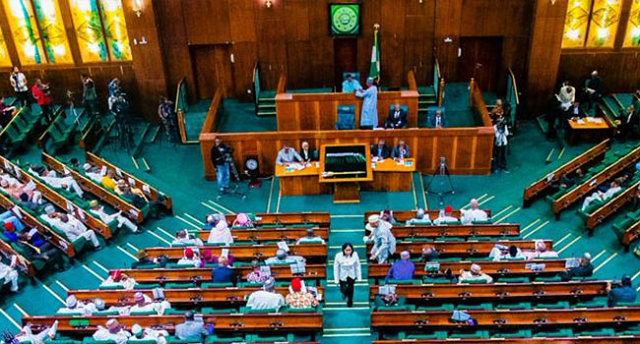While statistics, which is for the month of July, showed that there are now 150 million active lines, the number of unused lines actually moved from 67,331,498 in June to 76,164,149 in the month under review, meaning that there were 8,832,651 unused numbers during the period.
The NCC stated that of the 76,164,149 inactive numbers, the Global System for Mobile Communications (GSM) networks, which jointly have 149 million lines, might have lost about 72,732,130 to inactive subscribers.
The Code Division Multiple Access (CDMA mobile) operators had a share of 3,240,313 while the Fixed Wired/Wireless networks had a total of 184,819 unused lines.
Further analysis showed that while the teledensity remains flat at 107 per cent, MTN still retains its position as market leader with 58.4 million subscribers and 39 per cent market share; Globacom is second with 36.3 million subscribers and 24 per cent market share; Airtel is third with 32 per cent market share and Etisalat has 23 million customers with 15 per cent market share.
Teledensity, which measured the percentage of a country’s population with access to telecommunications services as determined by the subscriber base, the NCC said it currently calculated it on a population of 140 million people.
Director of Public Affairs, NCC, Tony Ojobo, who spoke at the weekend said the fall in the number of active lines could have been as a result of two major reasons, which are convenience and economic situation in the country.
Ojobo said: “Initially, people were having three to four telephone lines, I mean one single individually. But I think people are now consolidating, dropping some lines. Instead of now carrying four, they now go about with two or even one. I think for convenience sake, the challenge of having or carrying three to four lines by an individual is becoming overwhelming. So he drops some and stick to two and atimes one, which is very important to him or her.
“Secondly, for economic reasons, especially now with what is happening in the country, so they preferred to sit with one network operator.”
He explained further that 150 million subscribers do not mean 150 million people, stressing that every line is a subscription, in other words, one person could be using the four network operators service or even more.











